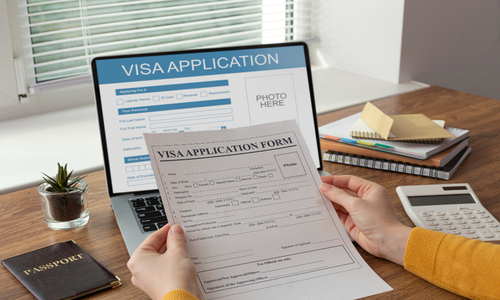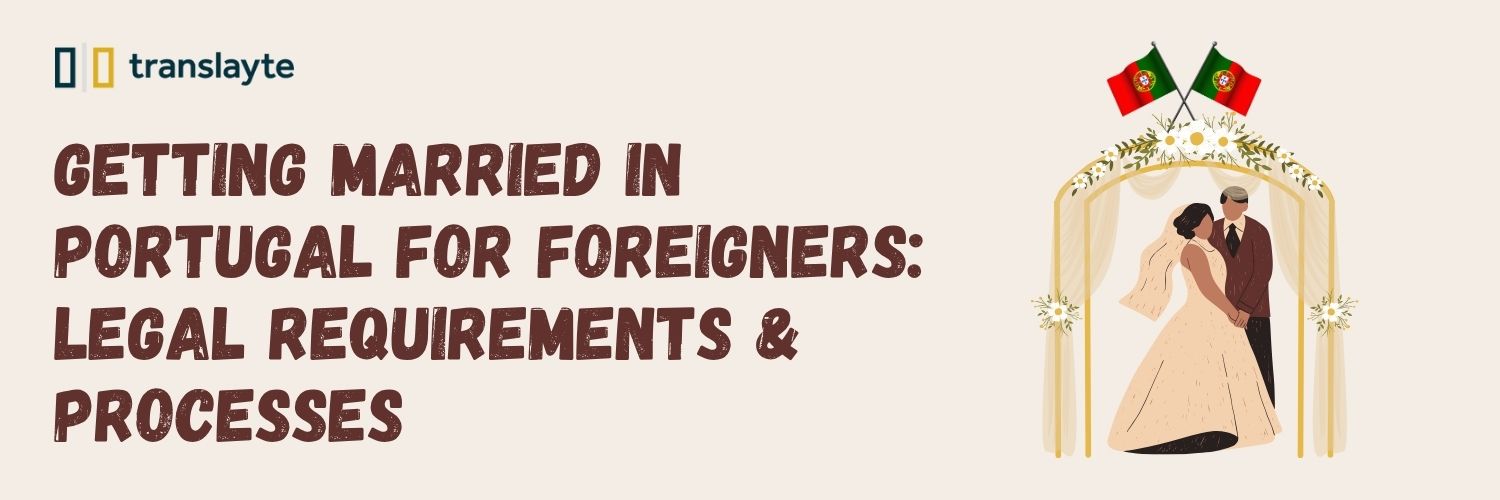What is the Portuguese D3 Visa?
The D3 Visa is a specialised work visa for highly qualified professionals seeking to move to Portugal. It aims to attract top talent by offering a path to work in Portugal in high-demand sectors, making it easier for qualified individuals to contribute their skills to develop the Portuguese economy. If you're an expert in your field, particularly in areas like technology, science, or academia, this visa could be your ticket to pursuing your work dreams in Portugal.
Who qualifies as a highly qualified professional?
To be eligible for a Portuguese D3 visa, you must have a higher education degree and relevant work experience in specialised skill sectors that are in demand in Portugal. Such sectors include (but are not limited to) information technology and software development, engineering, medicine, scientific research and development, education, finance, and environmental sciences.
Note that if you obtained your academic degree abroad, it must be recognised and accredited by the Portuguese authorities or equivalent to a Portuguese degree. In addition, you must have at least three years of professional work experience in your field or more, depending on the job role. You must also provide evidence of your expertise, such as professional certificates or licences.
Benefits of the D3 visa
The Portugal D3 visa offers several benefits for foreign professionals with specialised jobs in Portugal, including:
Schengen Area Access: You can freely travel to any of the countries in the Schengen Area without needing a separate visa.
Family Reunification: You can bring your immediate family members to live with you in Portugal, making it easier to keep your family together.
Path to Citizenship: After living in Portugal for five years with legal residency, you can apply for Portuguese citizenship or permanent residency. This also makes you eligible for a Portuguese passport, opening up further opportunities for travel and work.
Access to Public Services: As a resident with a D3 visa, you have the same rights to public services as Portuguese citizens. This includes access to high-quality healthcare and education, which extends to your spouse and children.
EU Citizenship for Children: If you have children after becoming a legal resident, they can qualify for EU citizenship, provided you have legally resided in Portugal for at least one year.
What are the tax benefits of the D3 Visa?
The D3 visa offers great tax benefits under Portugal's Non-Habitual Resident (NHR) tax regime, making it an attractive option for highly skilled professionals. Here are the key tax advantages:
Income Tax Exemptions: For the first ten years in Portugal, you may be exempt from income tax on certain types of income under the NHR regime.
Reduced Tax Rate: You might qualify for a reduced flat 20% tax rate on incomes from certain high-value scientific, artistic or technical innovations and activities.
Foreign Income Tax Exemptions: You might also enjoy tax exemption on foreign-sourced income, such as pensions, rental income, royalties and dividends, especially if you’re from one of the countries with a Double Taxation Agreement (DTA) with Portugal.
Eligibility criteria for a D3 Visa

You must meet some key requirements to be eligible to apply for the D3 Visa. Here’s what you need to qualify:
An advanced degree, like a master’s or Ph.D., or significant professional experience in a specialised field.
A confirmed job offer or a contract from a Portuguese company. The role should be classified as a highly qualified activity, demanding specialised knowledge.
The offered annual salary must be at least 50% higher than the gross average national wage or three times the value of the Indexante dos Apoios Sociais (IAS) or social support index in Portugal, which is currently €509.26.
Documents required for the D3 Visa application
Like other work visas in Portugal, you would need to provide the specific documents to apply for a D3 visa, including:
A completed and signed D3 Visa application form.
A valid passport with at least two blank pages.
A copy of your job offer or employment contract from a Portuguese employer, confirming your role in a highly qualified activity.
Two recent clear-coloured passport photographs.
Tax statements verifying your income source and bank statements. You also need a term of responsibility signed by your employer in Portugal.
A signed declaration form stating the purpose of your travel to Portugal.
Clear copies of your academic degrees (bachelor’s, master’s, or doctorate) and your resume or CV.
A signed criminal record consent form permitting the Portuguese Immigration and Border Service to check your criminal history.
A police verification certificate from your home country or current resident country where you have legally lived for five years.
Proof of health insurance coverage for the duration of your stay in Portugal.
Evidence of secured accommodation, like a signed invitation letter from a relative or friend in Portugal, a rental contract, or a hotel reservation receipt.
Copies of your marriage certificate and your children’s birth certificates (for people who are married and hope to bring their immediate family members to Portugal).
How can Translayte help?
When applying for your Portuguese D3 visa, every document you submit that is not in Portuguese needs a certified translation. This ensures that the Portuguese immigration authorities fully understand your qualifications and background. This step is crucial to avoid any misinterpretations that could delay your application or even lead to a denial.
At Translayte, we provide fast and accurate certified translations in Portugal to support your application. However, we don’t just offer translations; we offer peace of mind and the support you need to speed up the overall process and reduce the stress of your move.
How to apply for a Portuguese D3 Visa
To apply for a Portuguese D3 Visa, follow these steps to ensure a smooth process:
Gather all the required documents earlier listed, ensuring they are valid and complete.
Download, complete and sign the application form. Remember, unsigned forms will be automatically rejected.
Contact the nearest Portuguese Embassy or Consulate to schedule your visa interview. Some consulates offer an option to book an appointment online.
Submit your completed application form and all required documents during the interview, and pay the application fee (see the cost of a D3 Visa below).
Wait for a decision about your application. The processing time typically takes 60 to 90 days. The consulate may contact you for additional information or documentation, if necessary.
Once approved, collect your visa from the consulate and check that all details are accurate.
With your D3 visa, you can now travel to Portugal. Be sure to bring all necessary documents to apply for your residence permit upon arrival.
How much does the D3 Visa cost?
The cost of the D3 Portugal visa varies depending on your location and any additional services you might require during the application process. Generally, the fee for the visa itself is €90. Note that this fee is non-refundable, even if your application is denied. After obtaining your D3 Visa, you'll need to apply for a residence permit, which costs an additional €85.
Also, you may incur additional costs for services such as document translation, legalisation, and obtaining necessary certificates like police clearances and medical insurance. These additional expenses can vary widely, so it’s wise to budget extra for these potential costs.
What is the processing time for a D3 Visa?
The processing time for the D3 visa application typically ranges from two to three months. This might take longer depending on the specific circumstances of your application and the workload of the consulate or embassy handling your case.
Once your application is approved and you arrive in Portugal, you must complete your SEF (Portuguese Immigration and Borders Service) application within four to five months. After submitting your SEF application, it typically takes between two and 12 weeks to receive your residence permit.
Related posts
D7 Visa In Portugal: Living On Pension Or Passive Income
How To Apply For A Portuguese Student Visa
What Is A Certificate of Translation Accuracy?





.jpg)

